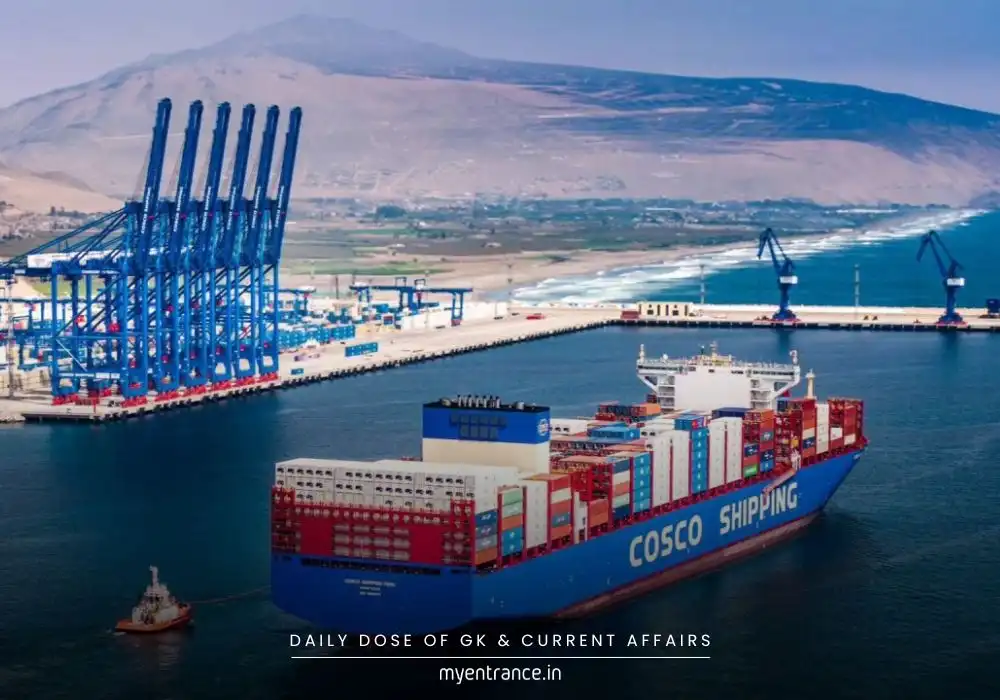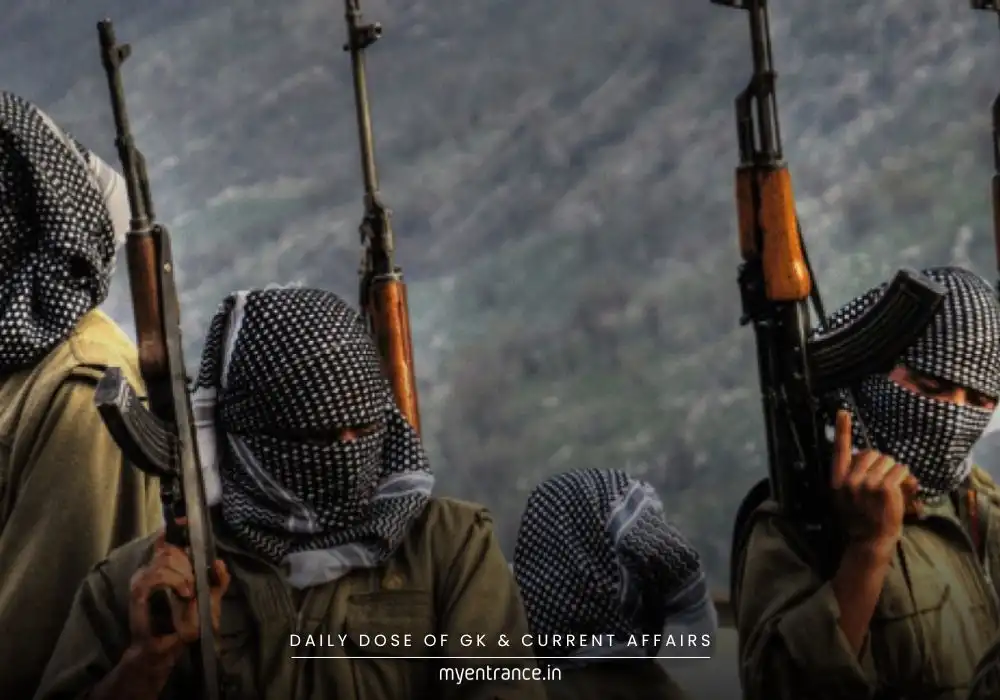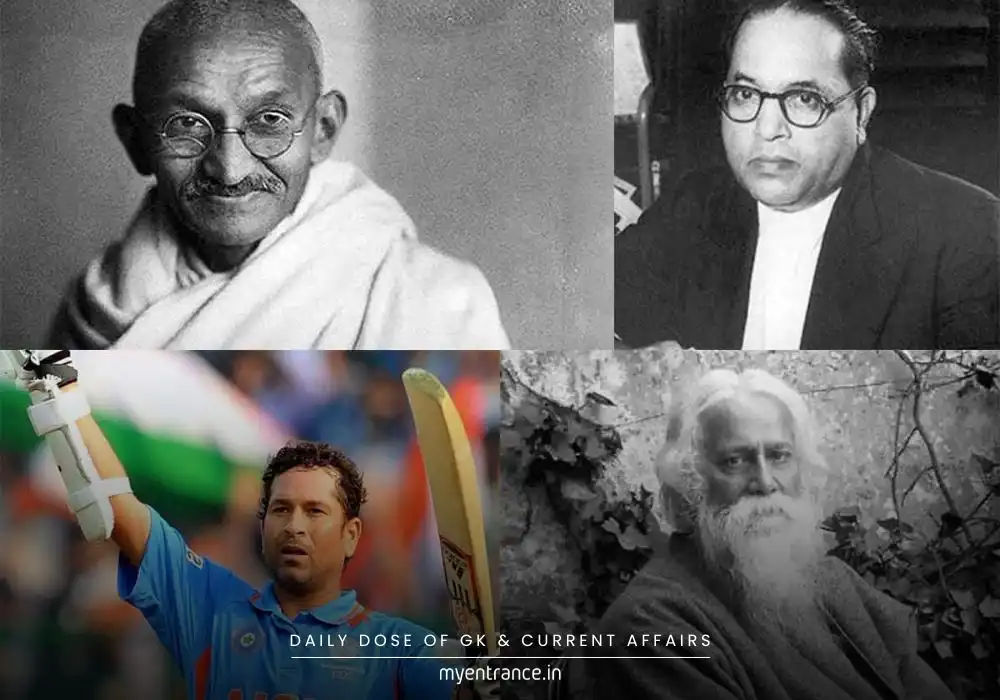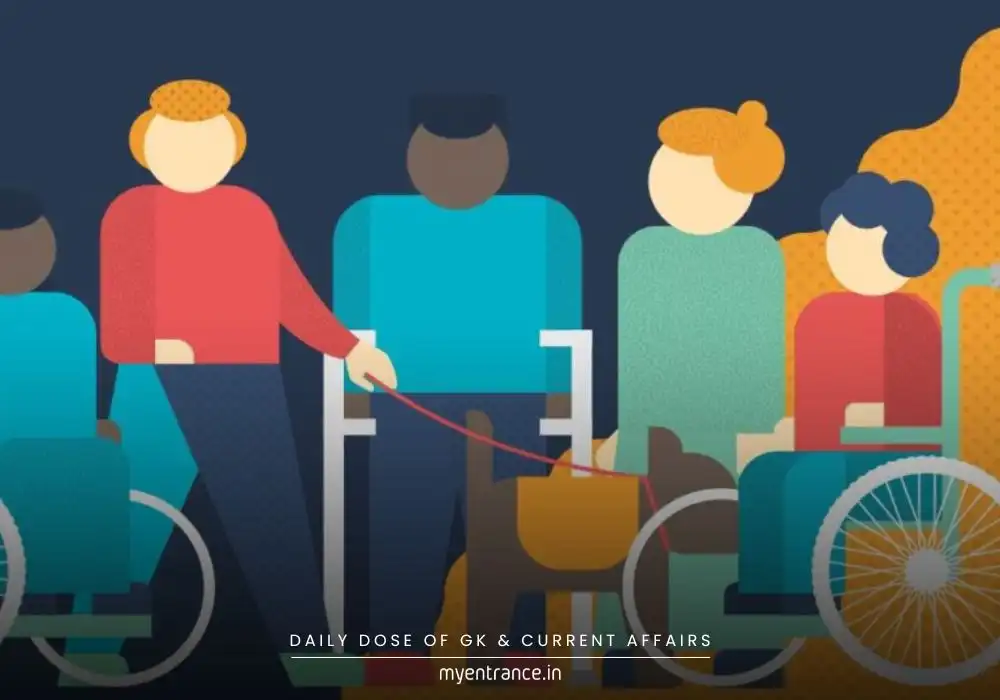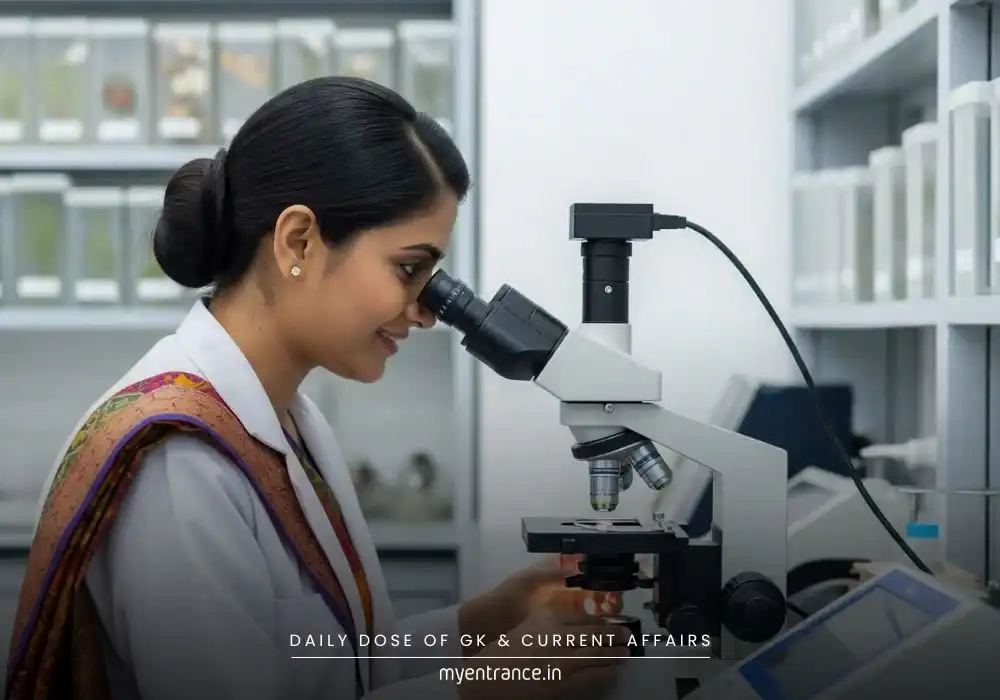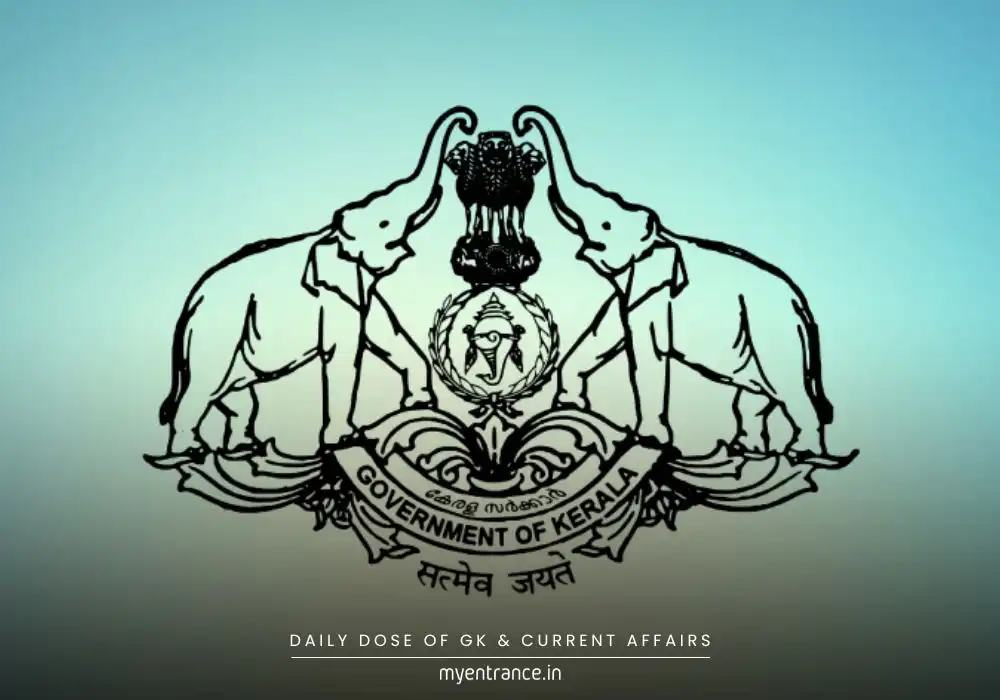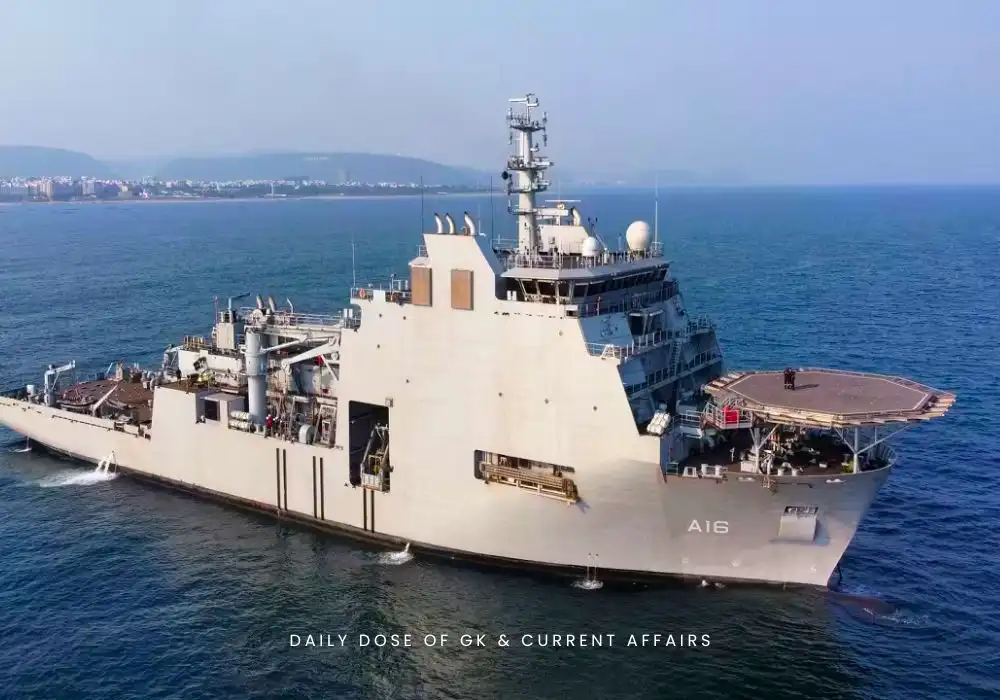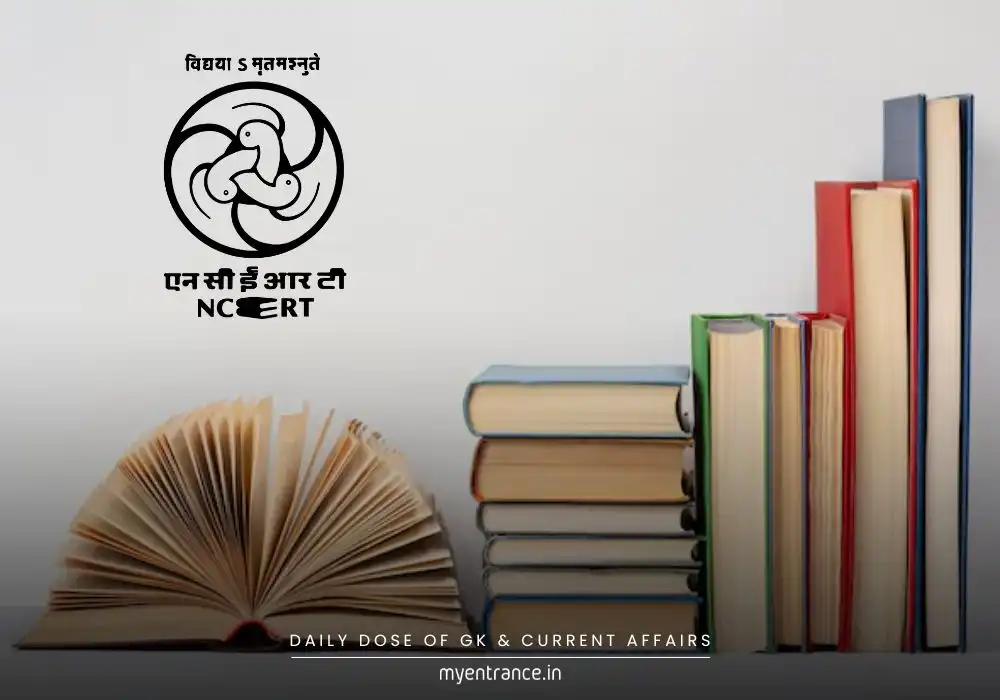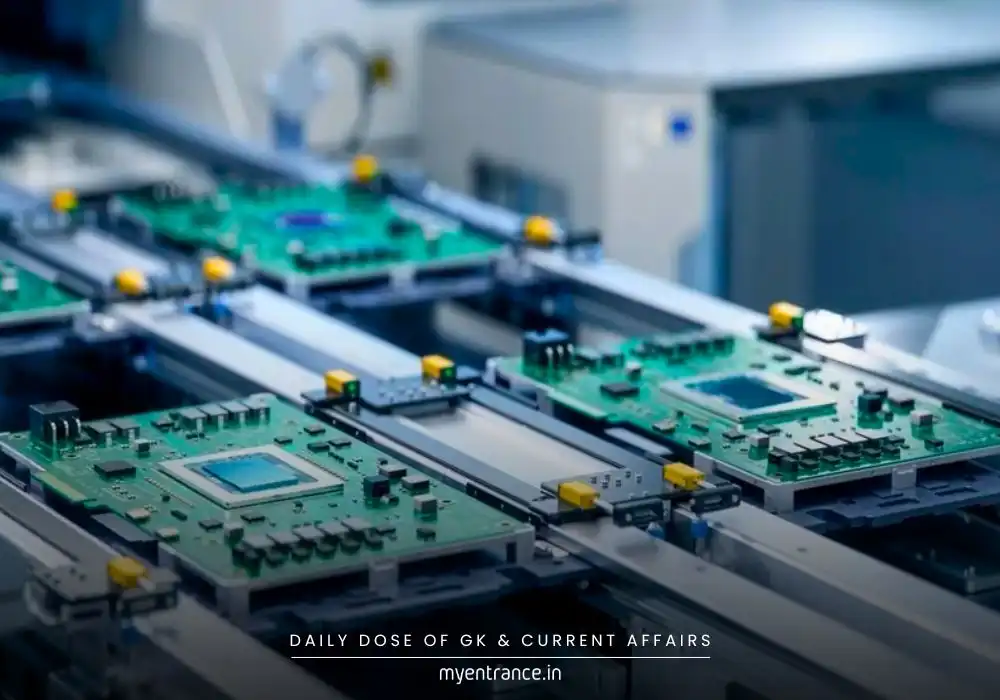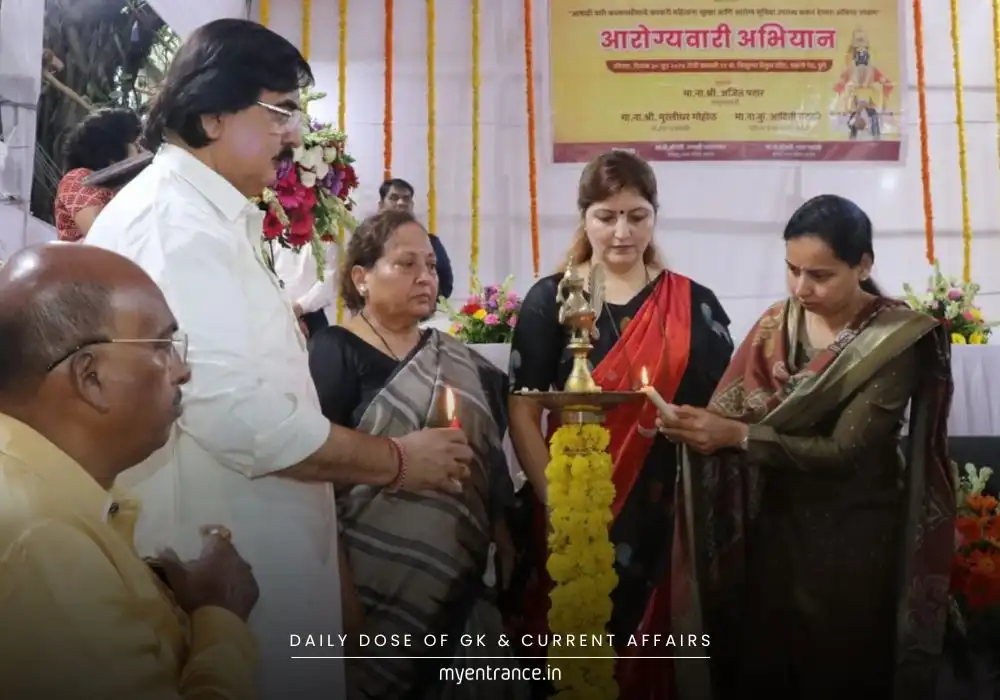Translate Language
Will Telangana and Andhra Finally Resolve Their Water Dispute? Key Steps Explained
The Centre has stepped in to mediate the water-sharing dispute between Telangana and Andhra Pradesh by forming two committees. These panels will oversee the distribution of Krishna and Godavari river waters, aiming to resolve conflicts that have persisted since the state bifurcation.
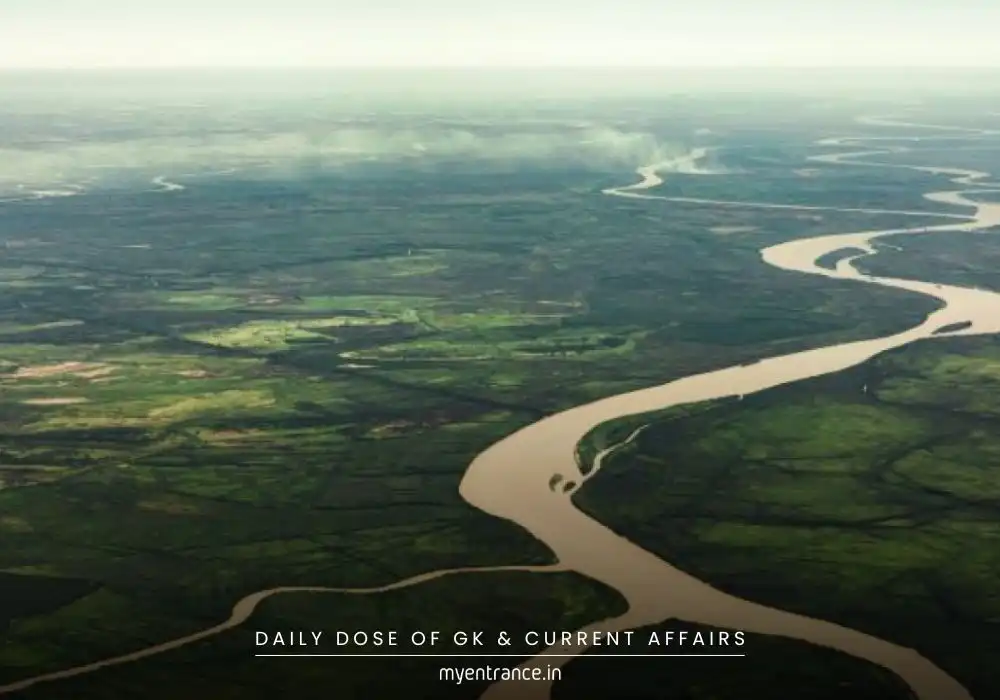
Telangana and Andhra Pradesh Agree on Key Steps to End Water Dispute
The ongoing water conflict between Telangana and Andhra Pradesh may finally see a resolution as both states, along with the Union Jal Shakti Ministry, have agreed on critical measures. Here’s what you need to know:
Key Developments
Two Committees Formed: The Krishna River Management Board (KRMB) will be headquartered in Amaravati, while the Godavari River Management Board (GRMB) will operate from Hyderabad.
Real-Time Monitoring: Both states agreed to install telemetry devices for accurate water flow tracking in the Krishna Basin.
Polavaram-Banakacherla Project: Andhra’s plan to divert 200 TMC of Godavari water faces opposition from Telangana, calling for further discussions.
Srisailam Dam Maintenance: Immediate steps will be taken to address structural concerns.
Why the Dispute?
Since Andhra’s bifurcation in 2014, water-sharing has been contentious.
Telangana opposes Andhra’s Polavaram project, fearing reduced water supply.
Both states seek fair allocation from Krishna and Godavari rivers, crucial for agriculture and drinking water.
Constitutional & Legal Aspects
Article 262 empowers Parliament to adjudicate interstate water disputes.
The Jal Shakti Ministry mediates conflicts under the Inter-State River Water Disputes Act, 1956.
Past disputes (e.g., Cauvery, Ravi-Beas) highlight the complexity of water-sharing agreements.
Sample Questions & Answers for Competitive Exams
Q1: What is the significance of the Krishna-Godavari water dispute?
A1: The dispute affects agriculture, drinking water, and power generation in both Telangana and Andhra Pradesh, making it a critical inter-state issue.
Q2: Which constitutional provision deals with inter-state water disputes?
A2: Article 262 allows Parliament to legislate on water disputes, leading to laws like the Inter-State River Water Disputes Act, 1956.
Q3: What role does the Jal Shakti Ministry play?
A3: It mediates conflicts, ensures compliance with water-sharing agreements, and facilitates dialogue between states.
Q4: Why is the Polavaram project controversial?
A4: Telangana argues that diverting 200 TMC of Godavari water to Andhra’s Kurnool district could harm its own water supply.
Q5: How will telemetry devices help?
A5: They enable real-time monitoring of water flow, ensuring transparency and reducing disputes over usage.
Why Is This Important for Exams?
UPSC/PSC/SSC: Covers Indian Polity (Federalism, Article 262) and Current Affairs (Inter-State Conflicts).
Essay & Mains: Topics like “Water Federalism in India” or “Challenges in River Water Sharing” frequently appear.
Prelims: Questions on constitutional provisions, river boards, and major disputes are common.
Get 3 Months Free Access for SSC, PSC, NIFT & NID
Boost your exam prep!
Use offer code WELCOME28 to get 3 months free subscription. Start preparing today!
